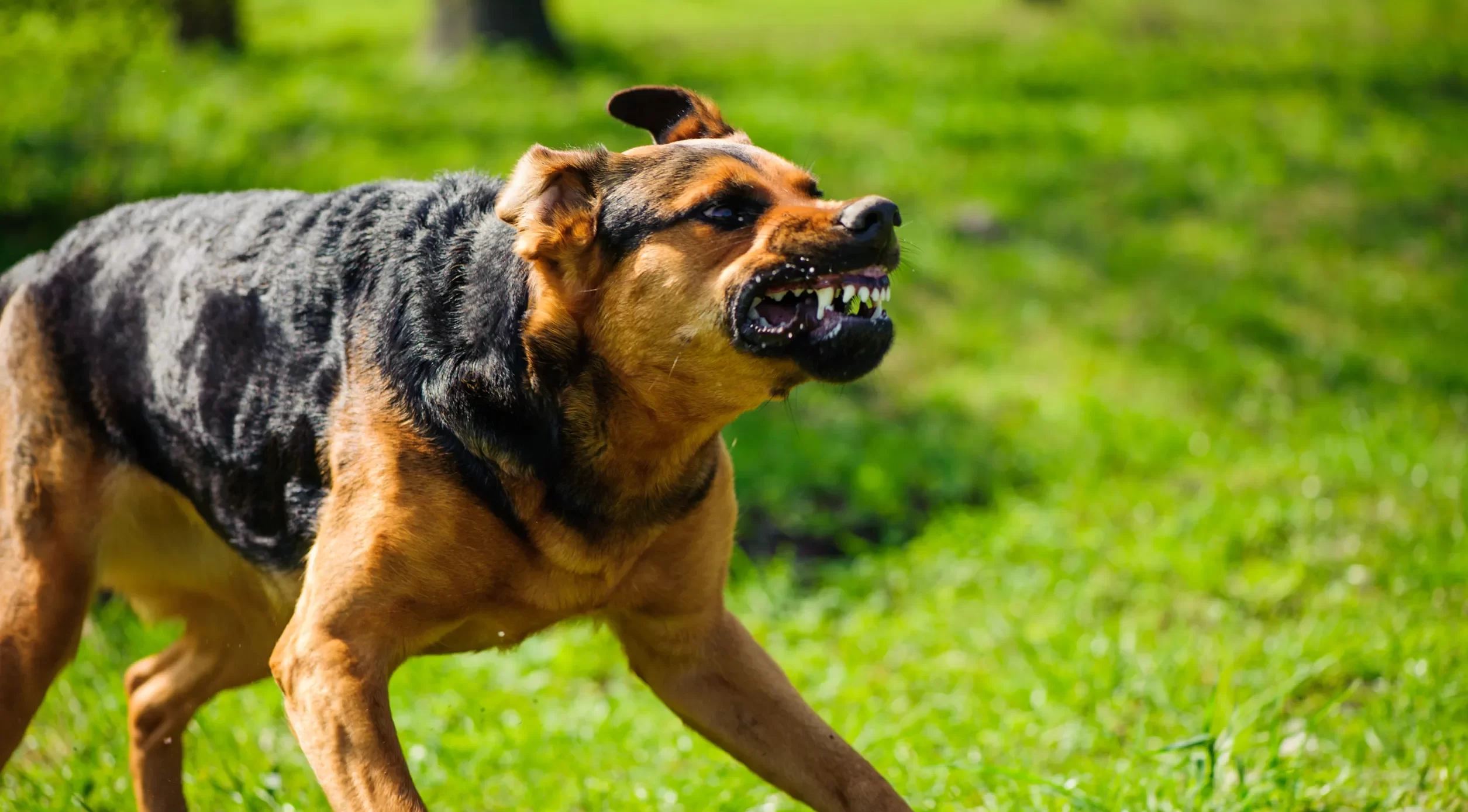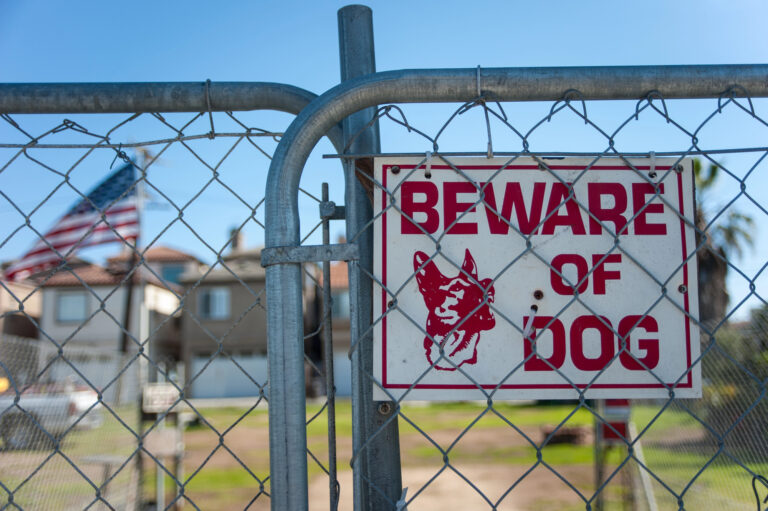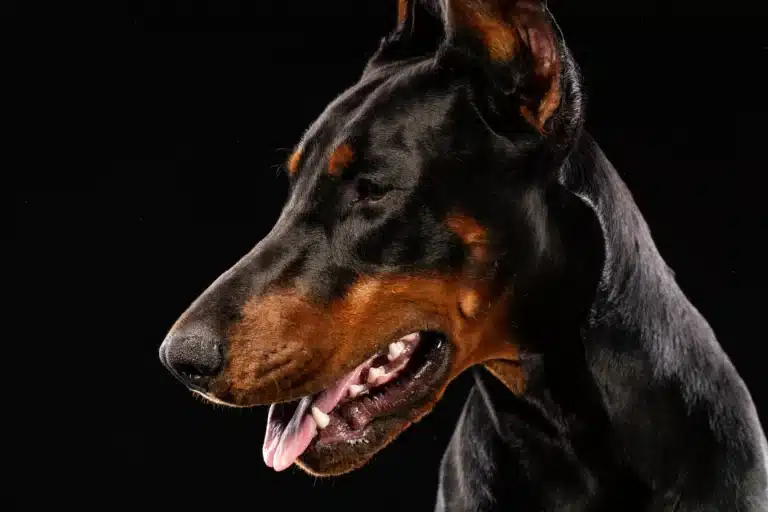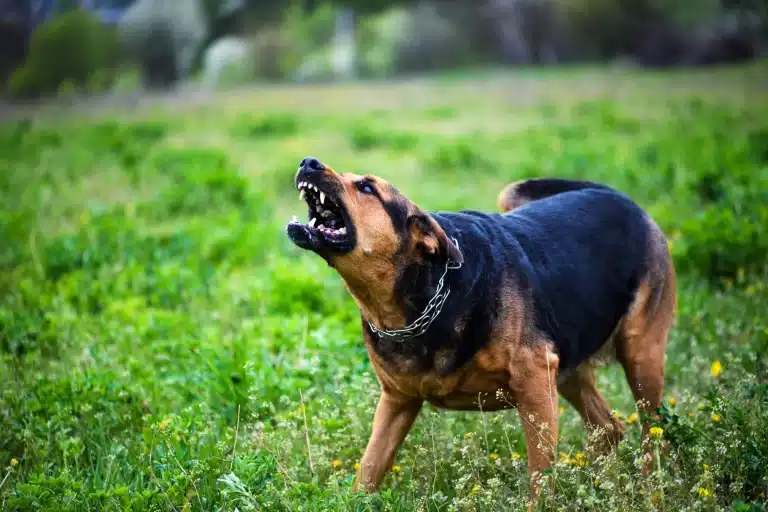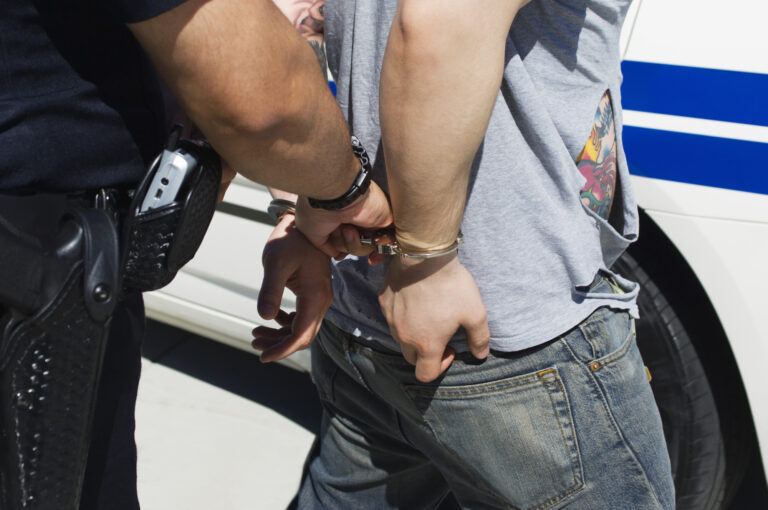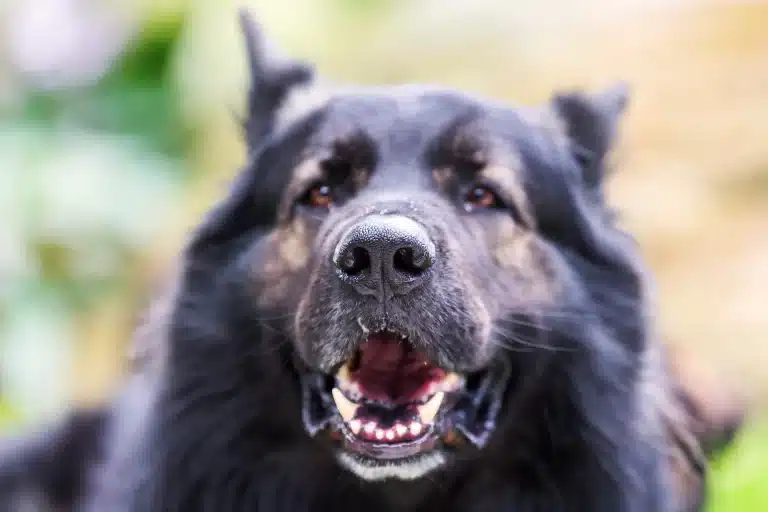Florida Animal Attack Wrongful Death Claims
Wrongful Death After an Animal Attack in Florida
Losing a loved one is an indescribable tragedy, especially when the death results from something as shocking and sudden as an animal attack. In Florida, where the diversity of wildlife and domestic animals is vast, such incidents, although rare, can unfortunately occur. This guide provides vital information on how families can pursue a Florida wrongful death claim in the wake of such distressing events, focusing on legal avenues for securing justice and compensation.
Understanding Wrongful Death Due to Animal Attacks
A wrongful death claim seeks compensation for the families of those who have died as a result of another party’s negligence or wrongful act. In the context of animal attacks, these claims can be directed against owners of domestic animals who failed to secure their pets properly, or against property owners and managers who neglected to manage wild animal threats on their premises.
Its Not Always Just Dog Attacks
Animal attacks can tragically lead to wrongful death, with cases ranging from domestic pets to exotic wildlife. Each incident presents unique legal challenges concerning liability. While our Florida dog bite attorneys have the experience you need in pursing those types of claims, not all wrongful death animal attacks are caused by dogs.
- Dog Attacks: Dog attack wrongful death claims are among the most frequent causes of animal-related fatalities. These can occur when a dog bites or mauls someone, potentially leading to fatal injuries. Owners might be held liable if the dog was known to be aggressive, if it was not properly restrained, or if the owner failed to comply with local ordinances or laws. Claims might also consider whether the owner failed to warn others of their dog’s dangerous tendencies.
- Exotic Pets: Exotic animals such as large reptiles, big cats (like lions and tigers), or non-domesticated primates can be highly unpredictable and are capable of inflicting fatal injuries due to their strength, natural instincts, or toxic venom. Owners of exotic pets are generally held to a strict liability standard because they choose to keep inherently dangerous animals. This means the owner can be held liable for any injuries or deaths caused by the animal, regardless of the owner’s efforts to secure or control them.
- Farm Animals: Farm animals such as horses, bulls, and cows can cause serious injuries or death through kicking, trampling, or goring. Owners may face wrongful death claims if they negligently allow these animals to escape confinement or if they fail to secure animals known to be aggressive. Additionally, the rural setting of many farms does not exempt farm owners from taking reasonable safety precautions, especially if the public can access their property.
- Wild Animal Encounters: Attacks by wild animals like bears, coyotes, alligators, or venomous snakes can lead to wrongful death claims, especially in areas where such wildlife is common. Property owners, parks, and wildlife management authorities could be liable if they fail to provide adequate warning signs, fail to maintain safety barriers, or neglect to manage animal populations properly. The liability often hinges on whether the managing entity was aware of the animal and failed to take appropriate safety measures.
- Zoo and Wildlife Park Incidents: Zoos and wildlife parks are expected to maintain high safety standards to protect visitors from animal attacks. Incidents at these facilities can lead to claims if it’s found that there were inadequate safety measures like barriers or enclosures, or if there was negligent behavior from staff in handling the animals. These cases often revolve around whether the facility adhered to the best practices and regulations designed to ensure visitor safety.
Each type of case requires a detailed examination of the circumstances, including the behavior of the animal and the actions (or inactions) of the owner or responsible party. Understanding local laws that govern animal ownership and public safety is crucial in these cases, as they can significantly impact the outcome of a wrongful death claim.
Establishing Liability in Animal Attack Cases
For families dealing with a wrongful death, identifying the responsible party is the first step in pursuing a claim following an animal attack. Liability may vary based on the circumstances of the attack:
- Pet Owners: Under Florida law, pet owners are typically held strictly liable if their animal attacks someone, regardless of the animal’s previous behavior.
- Property Owners: If the attack occurred on property that could attract wildlife, the property owner might be liable for not taking reasonable measures to prevent such dangers.
- Animal Keepers: Individuals or businesses that are responsible for the care or containment of an animal may also be held liable if their negligence leads to an attack.
What Compensation Can You Seek?
The compensation for wrongful death claims may include, but is not limited to:
- Medical Expenses: Any medical costs incurred as a result of the attack before the death.
- Funeral and Burial Costs: The immediate expenses related to the funeral and burial.
- Loss of Income and Support: Compensation for the financial support the deceased would have provided.
- Pain and Suffering: Compensation for the emotional distress suffered by the family and potentially the victim before death.
Florida Civil Counsel, P.A.: Florida Wrongful Death Attorneys
In concluding this guide on wrongful death claims from animal attacks in Florida, it’s crucial to acknowledge the emotional and legal complexities involved. Such claims provide necessary financial relief and highlight the responsibilities of animal owners and property managers. If you are navigating this challenging situation, consulting with a knowledgeable attorney can help protect your rights and seek justice effectively. Remember, you have support and legal options available to help you through this difficult period.
